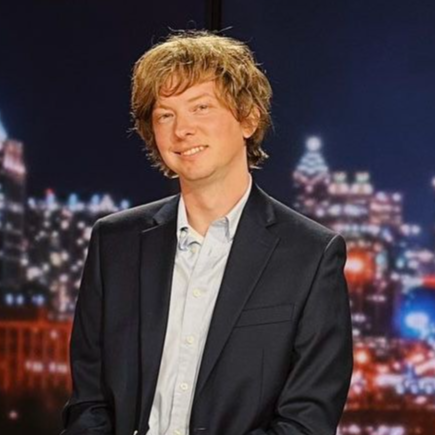Braves near important draft under new leadership

The Braves are armed with two first-round picks in next week’s MLB draft, including a top-10 selection, a rarity for a postseason team.
As compensation for failure to sign last year’s first-rounder (No. 8 overall), pitcher Carter Stewart, the Braves received the ninth overall pick. They also own the 21st pick, a result of their 90-win 2018 campaign.
These picks are especially valuable given the team’s limitations on the international market because of MLB-imposed sanctions. The organization lost an invaluable means of building system depth, adding importance to nailing the domestic draft (that also increases the likelihood they select players who are easier to sign).
The Braves dismissed scouting director Brian Bridges and senior adviser Roy Clark in January, reshaping the franchise’s scouting department. General manager Alex Anthopoulos, who took the position aware of looming penalties that would hamstring the team’s ability to sign international free agents, has been reorganizing the team’s front office in the past two years.
Two days after Bridges’ release, the Braves hired Dana Brown as vice president of scouting. Brown, who was a special assistant to the GM in Toronto for nearly a decade, oversees their amateur scouting process.
Boasting a substantial scouting background, Brown was credited for the drafting of Stephen Strasburg, Ryan Zimmerman, Chad Cordero, Ross Detwiler and Jordan Zimmermann while with Washington.
He’ll now attempt the same in Atlanta, where the deck is well-stacked in the present, but faces depth challenges as players graduate and an influx of international signees are non-existent. Working in the Braves’ favor, however, is a rich history of grooming players.
“That’s been the heart and soul of this organization for a long, long time,” manager Brian Snitker said of scouting and developing players. “We’ve developed a lot of Hall of Famers in our system. There’s always been guys who make it to the major leagues. There’s a lot that goes into that. Those guys work their tail off, scouts. I love being around those guys because they’re very passionate about what they do. They’re very hard working, a lot of time away from home. They’re trying to put the best product on the field.”
Historically, the Braves favor prep arms with their premium picks. Bridges especially leaned in that direction, though pundits feel this class offers plentiful bats. The Braves are extremely deep on pitching, so perhaps it’s time to go the other direction (or, of course, continue with what’s worked).
Arizona State outfielder Hunter Bishop commonly has been linked to the Braves at No. 9 in mock drafts. As a junior, Bishop hit .356 with 22 homers, a drastic leap from a mediocre sophomore campaign (.250 average with five home runs). The Braves have two prized outfield prospects, Cristian Pache and Drew Waters, but lack standout talent beyond that.
MLB.com’s Jonathan Mayo connected the Braves with junior college righty Jackson Rutledge, an upside swing, while Jim Callis gave them catcher Shea Langeliers from Baylor. CBS tagged the Braves with Bishop. If you’re wondering, the organization likely won’t favor a college or high school player over the other, just the best talent.
In reality, the Braves don't know what they'll do. The MLB draft is entirely unpredictable, to an extent even more so than its NFL and NBA counterparts. There are certain players, such as shortstops Bobby Witt Jr. and CJ Abrams (Blessed Trinity Catholic High), who almost certainly will be gone by No. 8. That's as much predicting (or rather, educating guessing) the Braves have.
Maybe the team goes bat with its eighth selection, then returns to its roots later in the first round. The Braves have plenty of options, but it’s undoubtedly an important draft under new leadership and given the raised long-term stakes of years past.



